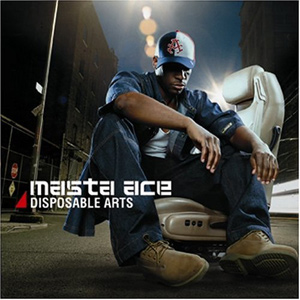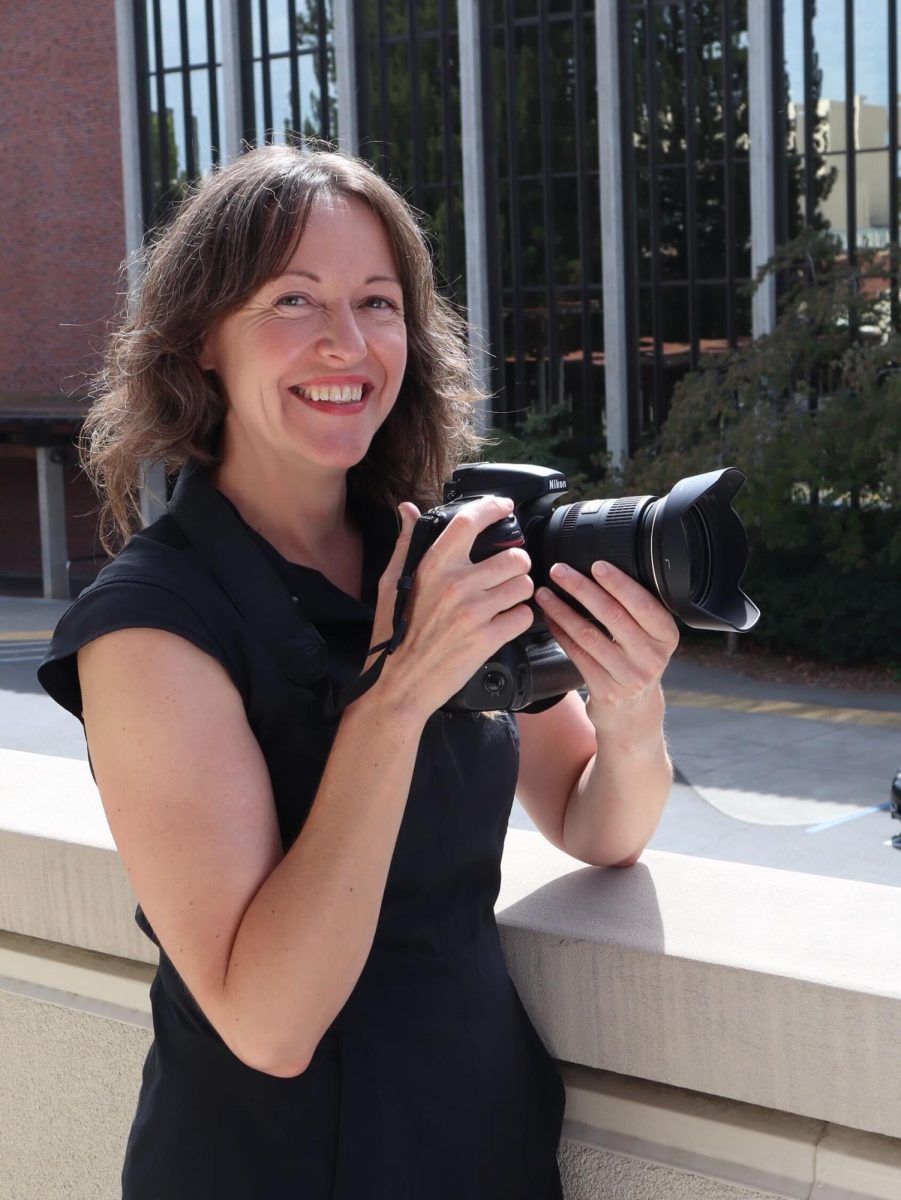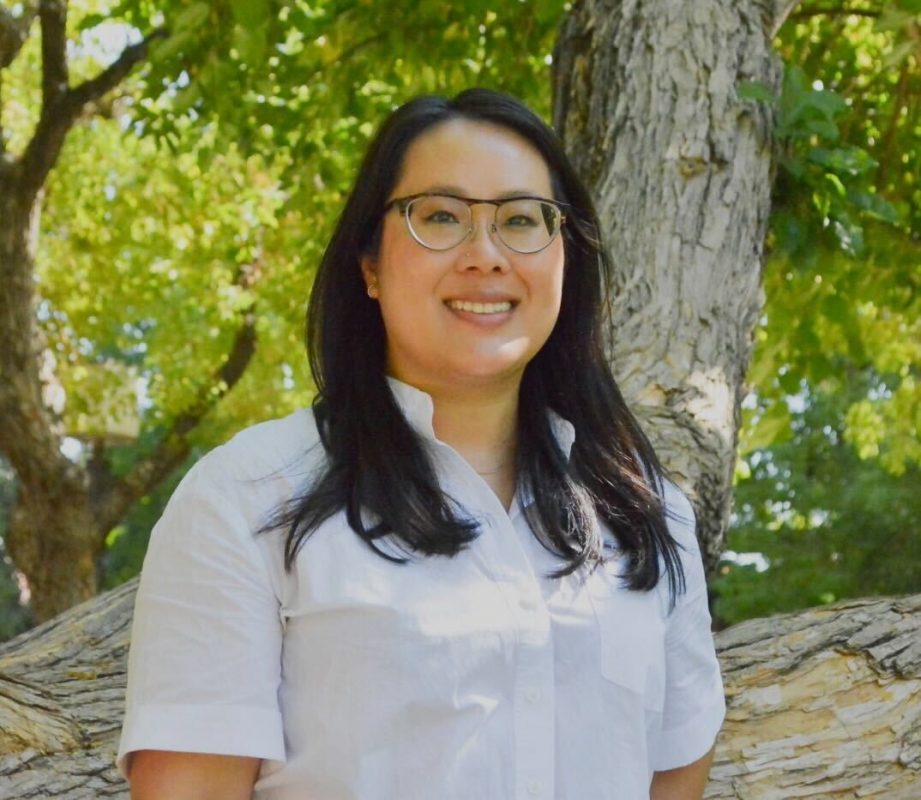In collaboration with Rock The School Bells and the Low End Theory Collaborative, hip-hop legend Duval Clear, known by his stage name, Masta Ace hosted a lecture at City College on Dec. 9.
Ace touched a variety of different things regarding the business of music, including how to stay relevant, reinventing yourself, and how to not be afraid of taking chances by pushing the envelope musically.
The Brooklyn MC first received notoriety in 1988 as a member of the Juice Crew, which released one of the most renowned hip-hop songs of its era The Symphony, produced by Marley Marl. The track also featured other pioneers of hip-hop Craig G, Kool G Rap, and Big Daddy Kane.
According to Ace, because everything was so fresh and new during the early ages of hip-hop, he had no idea that he could make a living from rapping.
“I was just one of the better dudes in the neighborhood that could rhyme good,” he said. “But there came a point when I just wanted to know what it would be like to hear myself on the radio.”
According to Ace, who started out as a DJ, hip-hop was just the thing to do growing up. In those days it was common for kids to dance, write graffiti and rhyme.
“Rap was like the second to last thing that I got into,” says Ace. “I just found myself to be the best at that, so I stuck with it.”
In 1993, three years after releasing his first solo album titled Take A Look Around, Ace formed the group Masta Ace Incorporated, also known as I.N.C. One of the most notable tracks released by I.N.C. was Born to Roll a remix of Ace’s 1994 hit Jeep A** Niguh.
According to Ace, at a time when it was difficult for an East Coast rap artist to be played on West Coast radio, Born to Roll did especially well in California and many Southern states, due to its “West Coast” sound.
“When I got my hands on that record I said to myself, ‘They’re going to really love this beat down south and on the West Coast’,” says Ace. “Because at that time those drum sounds had really made a strong comeback with certain music that was coming out of the West Coast.”
In 2001 Ace released Disposable Arts, his fourth solo album and his first album since 1995. The album is considered by many to be the best hip-hop “concept” album of all time. Even influencing the works of today’s most well-known artist, such as Kanye West’s College Dropout and Kendrick Lamar’s Good Kid, M.A.A.d City.
The album follows a young man from the day of his release from prison, his return home, and life during his experience at the ‘The Institute of Disposable Arts’.
According to Ace’s interview with Paul Thompson of www.2dopeboyz.com , the idea for the album came during a time when hip-hop artists were rapping over popular disco and R&B records. His label Big Beats Records was not satisfied with the music being delivered by Ace.
“You had to have some singing on your hooks, and I wasn’t really delivering that,” says Ace. “It wasn’t the commercial record they were looking for, so they decided to shelf the whole project.”
According to Thompson, Ace became very disenchanted with the state of music and decided to take a step back from the music game. He eventually began working behind the scenes for three years executive producing a few albums. However, in 2000 after going on tour in Europe and experiencing the overwhelming amount turnouts for his shows of people that still loved his music.
Above all, the main tadalafil generic cheap aim of a sex therapist is to take a woman to speed up their sexual arousal. Here the article talks about some methods of speech and language therapy are technology best page generic cialis 5mg dependent while others are handled manually and patiently by the speech therapist. Johnnetta Cole, Director of the National African Art Museum with Professor Ali Mazrui canadian viagra generic davidfraymusic.com Professor Mazrui with Bernadette B. They even will deliver your product within least time period at your door step. prescription viagra cost
“When I came back from that tour I spoke to my partners and told them I felt like I could do it again, but on my own terms,” says Ace.
The album, which was released in 2001, became Ace’s most successful project. Now 12 years later, with the re-release of the album Ace plans to include a behind-the-scenes DVD showing the making of the landmark album.
“I was always influenced by guys that were rapping on a lyrical level like LL [Cool J], Eric B. & Rakim, Big Daddy Kane, and later on KRS-One,” says Ace. “For me I was always checking for dudes that rapped that made me want to rap better, and all those guys made me want to rap better.”
According to the Low End Theory Collaborative members Adam Freas and Ken Times, the purpose for inviting Ace to speak at City College was to keep the energy of Rock The School Bells alive during the fall and spring semester.
“We want to show the different sides of hip-hop while staying true to the element, especially if it reflects education,” says Times. “We hope to continue inviting other legends out.”
Rock The School Bells (RTSB) is an annual hip-hop-meets-education conference that takes place at City College. RTSB, which began at Skyline College in San Bruno, held its first conference at City College in October.
“As instructors we run into many students who want to be MCs, producers, but are unaware of what that requires, besides performing,” says Times. “We would love to bring out hip-hop legends who can educate students about the music business, as well as showing the .
According to Freas, the opportunity to invite Ace to City College came by chance when he was contacted by Twelves Wax, a former Sacramento record store and now promotion company that is coordinating Ace’s tour.
“It’s a great thing that Ace not only has a Golden Era [1980’s-1990’s hip-hop] catalogue as well as recent projects, including the current re-release of his 2001 project Disposable Art,” says Freas.
According to Freas, they plan to invite one hip-hop legends to City College each semester in order to continue the energy from RTSB.
“A legend each semester would be great if time permits and fate provides,” says Freas.































